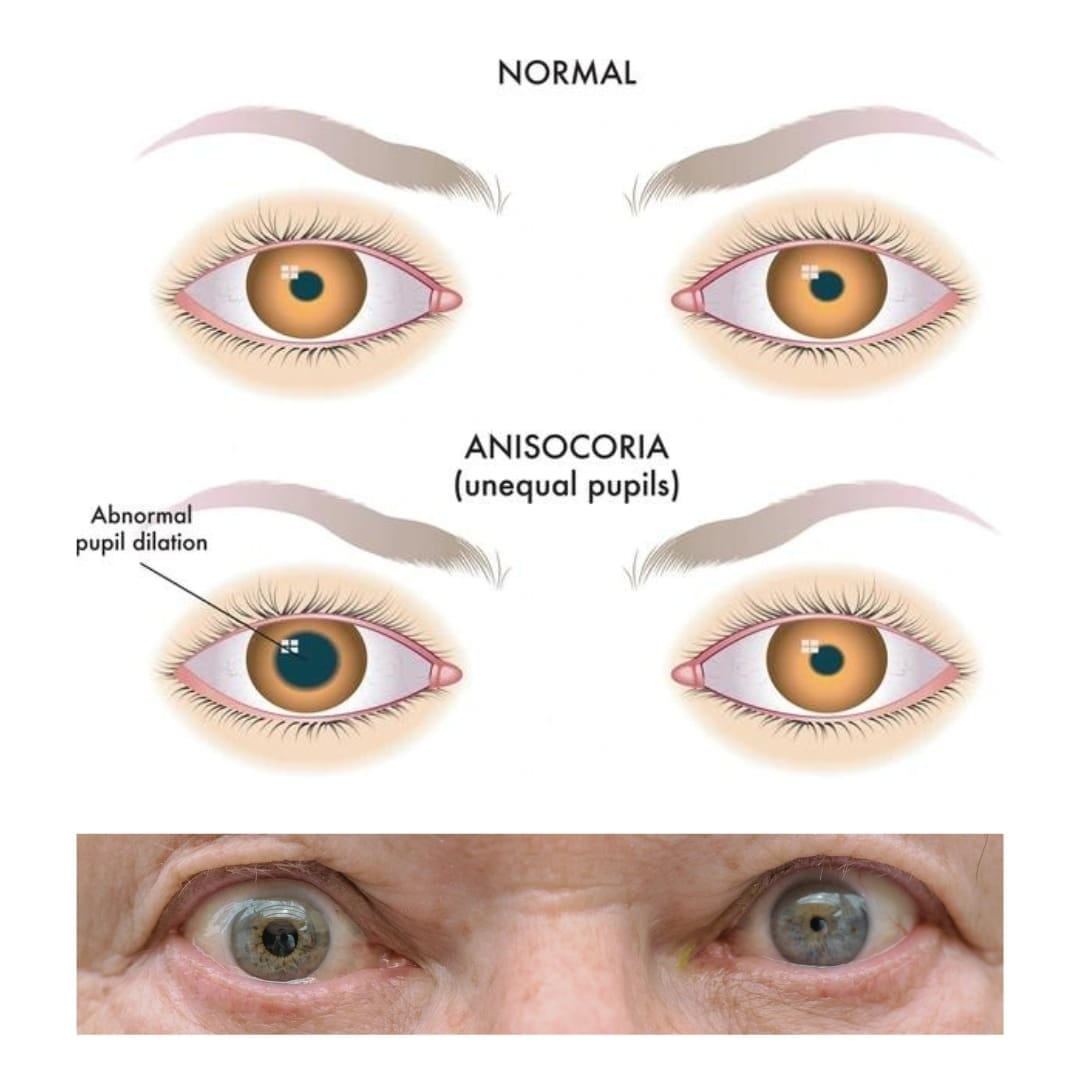Anisocoria is the medical term for uneven or asymmetrical eyes. It’s a disease in which your pupils differ in size in each eye. This size difference can be subtle or apparent. Normally, pupils dilate or constrict in response to variations in light levels. But anisocoria can cause pupils to respond differently. Uneven eyes are not uncommon and can affect people of all ages. The condition may or may not be related to an underlying medical problem.
The prognosis for anisocoria depends on its root cause and how well it can be managed or treated. You must work closely with your eye doctor to identify the reason you developed the disorder and come up with an effective anisocoria treatment plan for your specific situation.
Early diagnosis and management result in better outcomes. For that to happen, you need to consult New York City’s leading optometrist, who knows how to fix asymmetrical eyes. The best eye doctors in the city are in Downtown Manhattan at Eye Physicians.
Not only do they know how to treat anisocoria, but they also treat a wide range of other common and complicated eye conditions, including:

Common symptoms of anisocoria, or uneven pupil size, vary depending on the underlying cause.
Other than a noticeable difference in pupil size between the two eyes, some other common symptoms may include:
Adie syndrome, commonly known as Adie’s pupil, can cause anisocoria. This disorder occurs when the nerves that govern pupil size are damaged and usually affects only one eye. The afflicted pupil reacts slowly to light and remains dilated even under bright settings.
Before recommending Adie syndrome treatment, your New York eye experts evaluate this disorder based on symptoms that may include:
Symptom management is often the primary goal of Adie syndrome treatment. Prescription glasses, pupil-constricting drugs such as pilocarpine eye drops, and vision therapy exercises are also options for improving eyesight. Symptom management strategies, such as wearing sunglasses to combat photophobia, are also recommended. Regular monitoring by an eye specialist is required to detect changes and maintain optimal eye health.
Understanding the causes of anisocoria is important for you to get a proper diagnosis and discover how to treat anisocoria.
In addition to Adie syndrome, common causes of uneven eyes include:
Anisocoria is diagnosed after a thorough eye exam and medical history review. This includes examining pupil size, light sensitivity and overall eye health. A neurological examination may also be performed to detect evidence of nerve injury. Additional testing, such as MRI or CT scans, may be required to determine the underlying causes.
In most cases, uneven eyes don’t require treatment. This is especially true if the asymmetry is the result of genetics or aging. But it can be caused by a variety of underlying diseases, including nerve damage, injury, eye disorders and even side effects from some medications. Anisocoria is treated based on the underlying reason.
For example:
Preventing anisocoria, or unequal pupil size, is difficult, but steps can be taken to reduce your risk factors.
These include:
While anisocoria is usually treated for medical reasons, some people seek treatment for cosmetic reasons. Uneven pupil size, while usually not a problem, can have an impact on appearance. Cosmetic solutions may include wearing contact lenses to mask differences or surgical procedures to achieve symmetry.
Eye Physicians in NYC can provide you with thorough management, anisocoria treatment and Adie syndrome treatment. Their trained experts offer professional service, ensuring that your eyes receive the care they deserve. Don’t wait any longer, contact Eye Physicians today to make an appointment and take the first step toward better eye health.
Eye Physicians
110 Lafayette St, Suite 503
New York, NY 10013
(212) 292-4814
Entrust the care of your precious eyesight to highly skilled and experienced eye care professionals. For top-notch ophthalmologists and optometrists in Downtown Manhattan, choose Eye Physicians. Eye Physicians ensures prompt care, precise diagnosis, and personalized treatment plans.
Schedule an Appointment